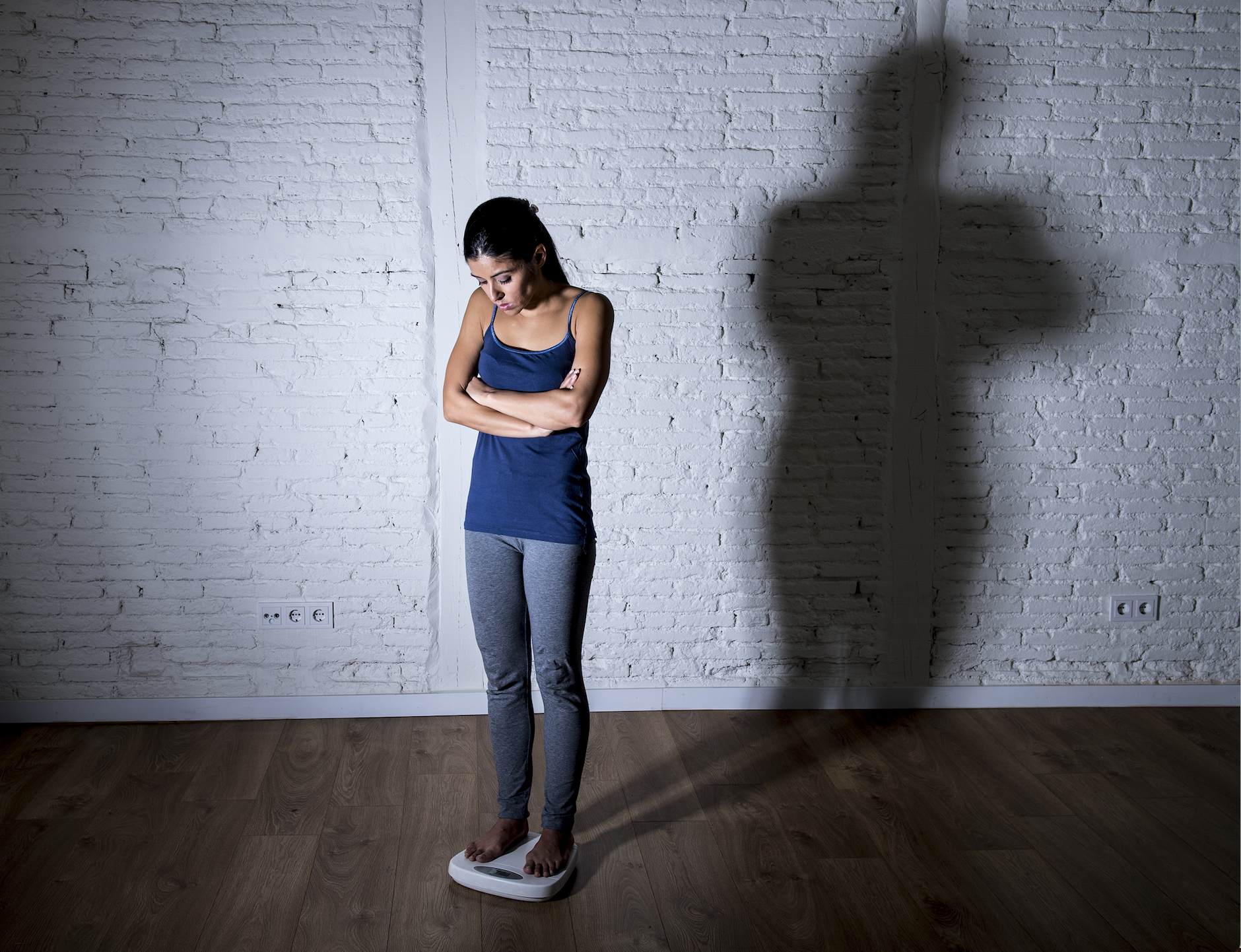Mental health, eating behaviour and injuries in professional dance students
Professional dancers face a myriad of complex physical and mental health challenges that may vary with sex, academics, and performance. Mathisen et al. (2022) conducted their study on a population of 124 professional dance students (males n = 14) and assessed them for depression and anxiety (SCL-10), self-esteem (RSS), perfectionism (CAPS), resilience (RSA), low energy availability (LEA, LEAF-q), body appreciation (BAS-2), and eating disorders (EDs) (EDE-q). The conducted assessments revealed that between 20-54% of dancers reported symptoms of depression or anxiety, low energy availability (females), ED and/or physical injuries, while 12% of dancers reported a positive past history of ED. Further analysis demonstrated that perfectionism and self-esteem played a role in the experienced depression and anxiety symptoms, while the presence of ED and training volume contributed to symptoms of LEA. In addition, the risk of physical injury was found to be influenced by BMI, academic year and LEA, while body appreciation helped reduce the prevalence of EDs. Despite half of the dancers being aware of potentially experiencing current personal mental health issues, less than 45% of them were willing to seek professional assistance. The authors postulate that improving body acceptance may address the mental health challenges experienced by dancers and that enhancing nutritional knowledge and regulating body weight may decrease LEA, EDs, and physical injuries. [NPID: Perfectionism, self-esteem, body appreciation, depression, energy availability, eating disorders, dance, ballet, contemporary, jazzdance]
Year: 2022
 Navigation
Navigation






